Are foreign property investors fuelling UK house price rises – and will any party tackle the issue?
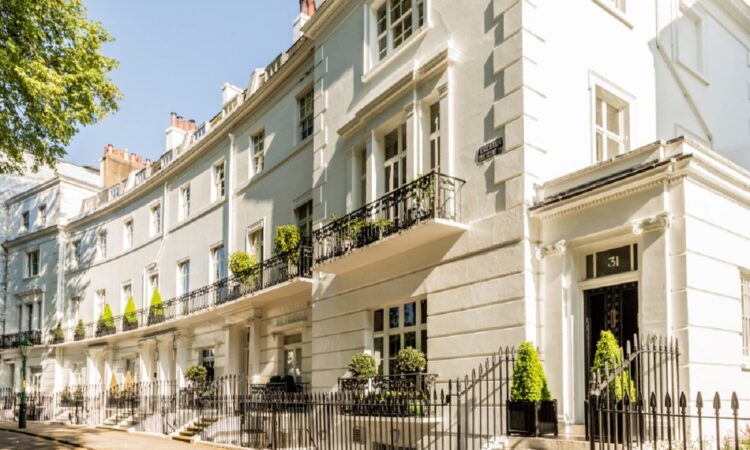
The number of foreign buyers investing in property here continues post-Brexit, and many blame it for ramping up prices. Cracking down on this may not only be a vote winner, but it could also help more people to get a rung on the property ladder in our major cities.
Housing will be one of the key issues at the next general election, and all parties are crafting strategies to appeal to voters – especially younger ones.
We look at why foreign investors remain keen to buy property in the UK, the downsides to this, and the political parties’ attitudes to it.
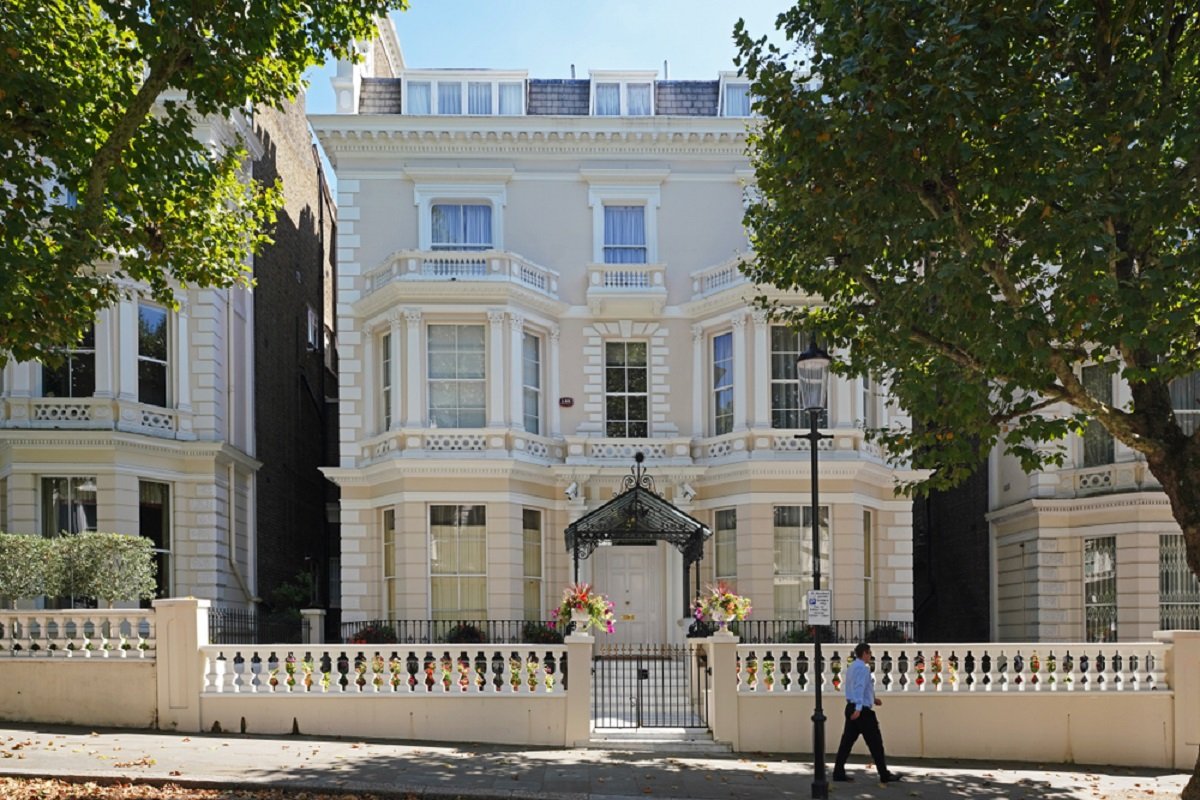
Why is the UK attractive to foreign property investors?
- Long seen as a solid place to invest in property, the UK’s appeal to the foreign property investor continues due to its political stability and strong economy.
- High demand for housing, and limited supply, along with capital appreciation.
- The impressive yields that can be achieved thanks to attractive rental income which can be used to offset some of the effects of inflation. Buy to let apartments in city centres are often viewed as property opportunities.
- The end of the government’s Help to Buy scheme may result in a time of quieter sales, making property investment more affordable to foreign buyers.
- Despite new Stamp Duty charges imposed on foreign buyers, the strength of the market performance, the UK’s long-term growth prospects, and the historically low pound make investing in property attractive still.
- Property growth forecasts are good at around 5% over the next 5 years and by 2025, projections are for a 21.1% rise. In cities such as New York and Hong Kong, house prices are thought to have almost peaked or already done so.
- The relatively low prices in some areas which present opportunities for investing in property.
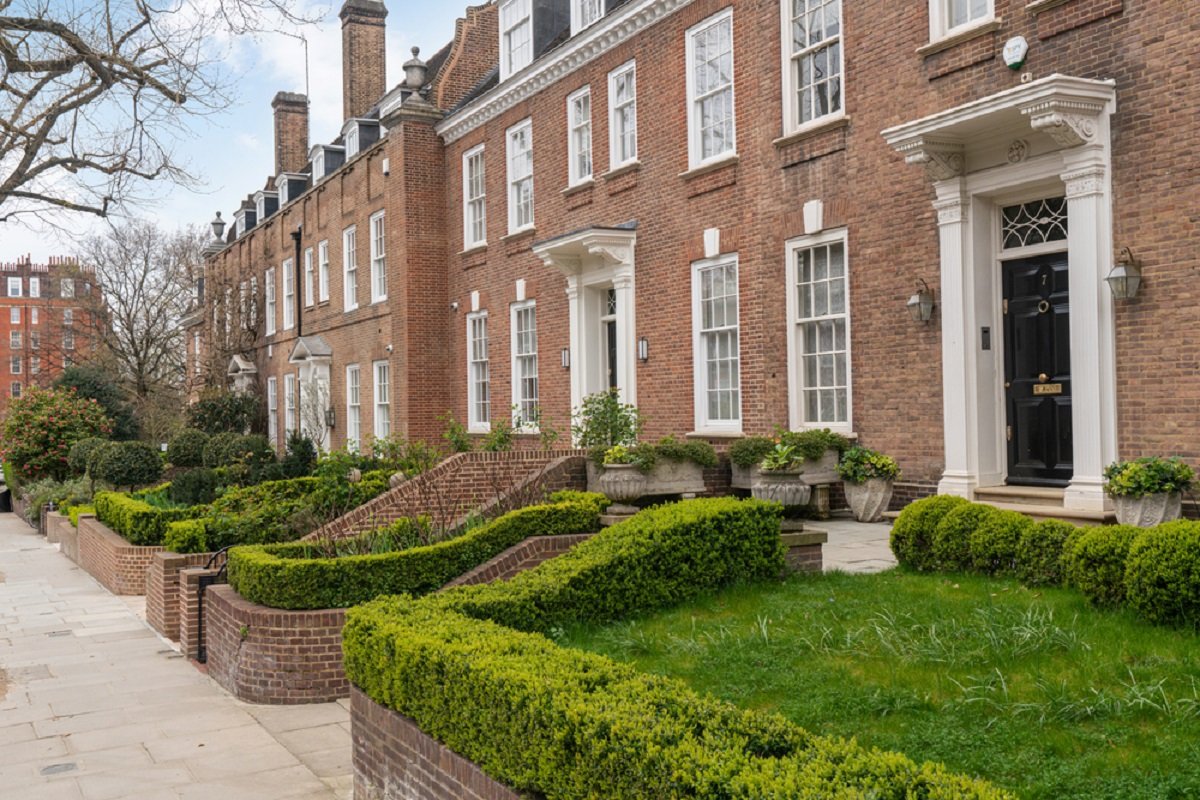
What’s the problem with foreign property investors?
- The increasing amount of foreign investment in UK property is believed to have contributed to the shortage of supply and led to rising house prices.
- Over the past decade, foreign property ownership in the UK has more than doubled according to The Centre for Public Data.
- Areas with high levels of foreign investment mean that local residents are being priced out of the market.
- As well as central areas of London, houses in northern cities such as Liverpool and Manchester are being increasingly bought by foreign buyers since 2010 which many blame for increasing prices.
- For many years there have been concerns that the UK property market is viewed as a vehicle for tax avoidance and money laundering.


Are there any advantages from foreign investment?
Overseas capital often goes into buying a large proportion of a new development’s off-plan sales market, which plays a big part in making new-build ventures in the UK viable.
Where are the foreign buyers from?
Many come from Hong Kong, others are registered in tax havens, Jersey, the Isle of Man, and the British Virgin Islands.
The main political parties’ positions
Conservatives:
In April 2021, the Conservatives ruled that non-UK residents must pay an extra 2% in Stamp Duty when they buy a property in England or Northern Ireland. While they have considered further tax rises for non-UK residents via even higher Stamp Duty or council tax increases, there’s a reluctance due to concerns it would stifle the property market for little benefit. The housing market has split the Tories into two groups: one wanting to hold onto votes in the Conservative heartlands as many people there are opposed to more housebuilding, and the other keen to attract the younger, non-traditional Tory voter who must be persuaded that Tories will actually build more houses that they can afford to buy. Internal divisions have widened since a backbench revolt forced the government to drop its manifesto pledge of building 300,000 houses a year, allowing councils to avoid meeting local housing need targets. The Conservatives are considering renewing the recently closed Help to Buy scheme in a bid to curry favour with young voters.
Labour:
Labour wants to reduce the impact of foreign property investment in the UK. It’s aiming to be the housebuilding party, keen to attract younger voters who are traditionally reluctant to turn out on polling day. Young voters who are motivated to vote tend to support Labour which is fine-tuning a pro-housebuilding agenda that would bring in new rules. It’s also announced plans to increase the amount of Stamp Duty paid by foreign investors and is considering giving first-time buyers priority on buying new builds. One idea is to restrict the sale of properties on new development to overseas buyers to no more than 50% for a set amount of time. Labour’s pre-election manifesto proposals include a 70% homeownership target, building more high-quality affordable homes across the country, and a shake-up of the planning system. Sir Kier Starmer has also announced plans to reassess Green Belt planning restrictions in certain areas.
Liberal Democrats:
The Liberal Democrats’ strategy of opposing plans for more development, including on Green Belt land, appeared to win them the Windsor & Maidenhead local government election in early May. However, since then they have been stressing that they are not anti-development as they prepare their manifesto approach.
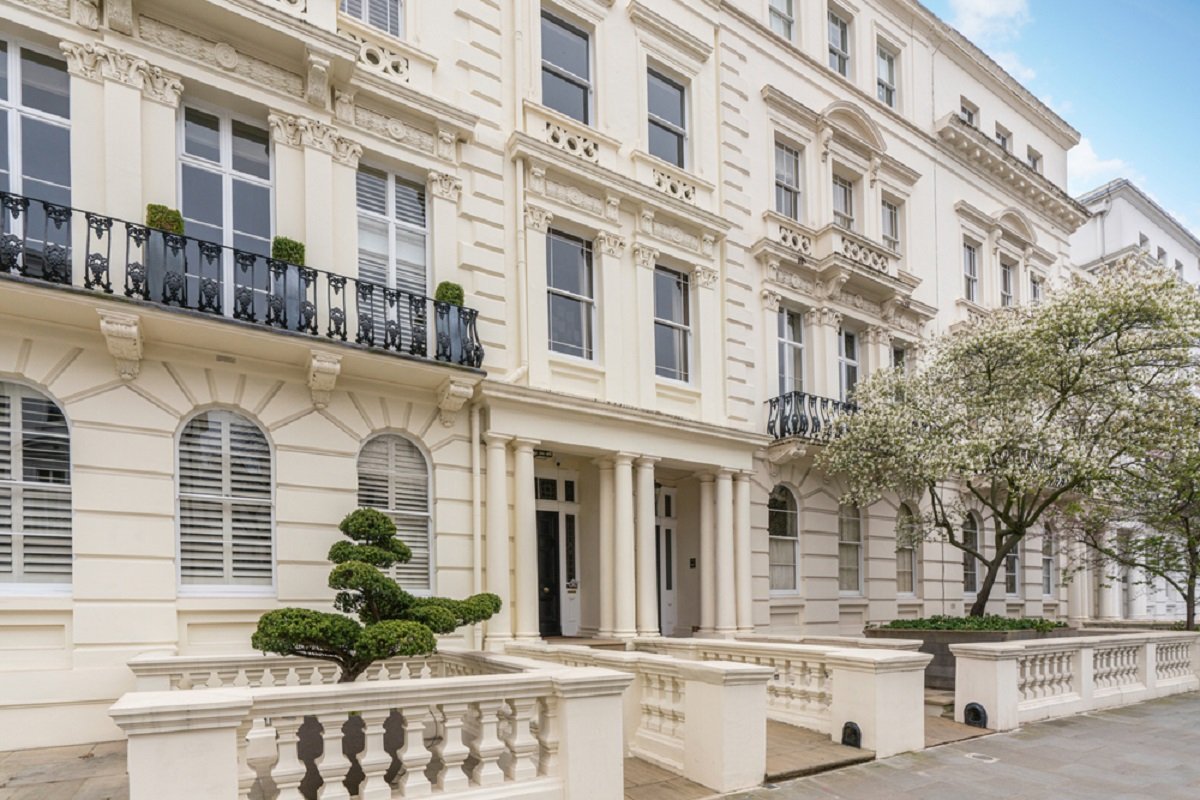
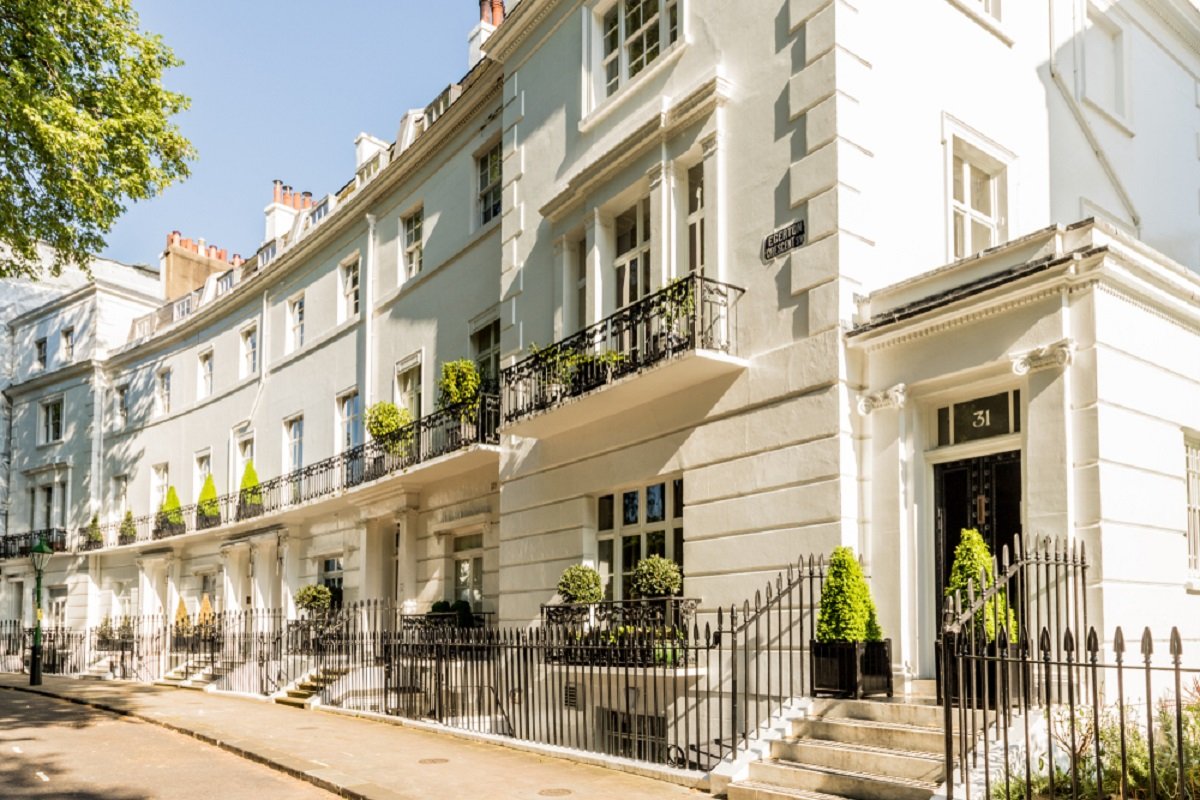
Rules for investing in the UK if you live abroad
There are no restrictions on non-British citizens buying property here and building up a property portfolio. Income tax must be paid on income from renting it out, along with Stamp Duty calculated on the purchase price of the property. Rules for paying the extra 2% in Stamp Duty apply to those with non-UK resident status, which applies to anyone not present in the UK for at least 183 days in the 12 months before a property is bought.
How other countries are protecting their housing markets
In early 2023, Canada introduced a two-year ban on non-Canadians buying residential property there. Singapore doubled the Stamp Duty tax on purchases by foreign buyers in April 2023 from 3-6%, while Hong Kong imposed an extra 15% buyers Stamp Duty on property sales to foreigners. Switzerland restricts the number of properties that can be sold to foreign buyers, and in Denmark, you can only buy a home if you have permanent residence there. In January 2023, Spain imposed a ban on foreign buyers in the Balearic Islands and Malta is restricting the sale of property to foreigners. There are also growing concerns in Australia about Chinese investment in residential property there.
Final thoughts
Overseas investment in the UK’s prime property market has gone on for many years driven by market stability, the appeal of property as an investment asset, and the weak pound.
While it can drive up prices in certain areas, the extent to which foreign property investment affects the UK housing market is less clear: it’s a contributing factor but one of many, including supply and demand, interest rates, government policies, and economic growth.
The UK’s housing crisis is likely to dominate the next election and threatens to leave a lasting legacy for future generations. With all political parties struggling to produce solutions, dealing with foreign investors may be a vote winner to some extent, but coming up with a coherent, credible strategy that young voters can really believe in, could well hold the key to the door of Number 10.






